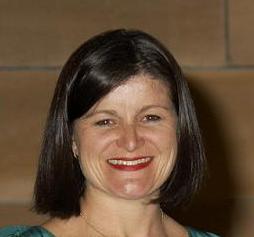
PROJECT SUMMARY:
As the leading cause of disability in Australia, stroke presents many challenges for our healthcare system. As the blood supply to the brain is interrupted, nerve cells die and nerve pathways are damaged, resulting in weakness and other deficits such as affected speech and language abilities. After such an injury, rehabilitation is required to strengthen weak muscles or improve walking, but the ultimate goal of any physical therapy is to encourage the brain to make new connections between nerve cells to allow improved function. Although the brain can’t regrow the damaged cells, it can adapt to the damage by way of altering connections between nerve cells, which is known as plasticity. Our research team has been interested for many years now in ways to encourage the brain to change itself and improve function through plasticity, and we have sought ways to increase plasticity in the motor parts of the brain of healthy young and elderly adults and patients with conditions such as stroke.
We have shown that healthy individuals who are very physically active have a greater potential for plasticity, or re-wiring within the brain when compared to those who are very sedentary. The likely mechanisms for exercise changing the brain are changes in blood flow, secretion of important chemicals within the brain which help new brain cells to grow and survive and increased activation of certain parts of the brain. This grant from the Brain Foundation will allow us to investigate whether a single session of aerobic exercise, for example cycling on an exercise bike, can promote brain plasticity. Our vision is that aerobic exercise could be rehabilitation’s silver bullet; a simple intervention which makes further exercise and training much more effective due to increased potential for beneficial change within the brain. This would revolutionize the way that we approach rehabilitation, and may reduce the devastating impact of stroke and other disorders affecting the brain.


 The Brain Foundation is the largest, independent funder of brain and spinal injury research in Australia. We believe research is the pathway to recovery.
The Brain Foundation is the largest, independent funder of brain and spinal injury research in Australia. We believe research is the pathway to recovery.